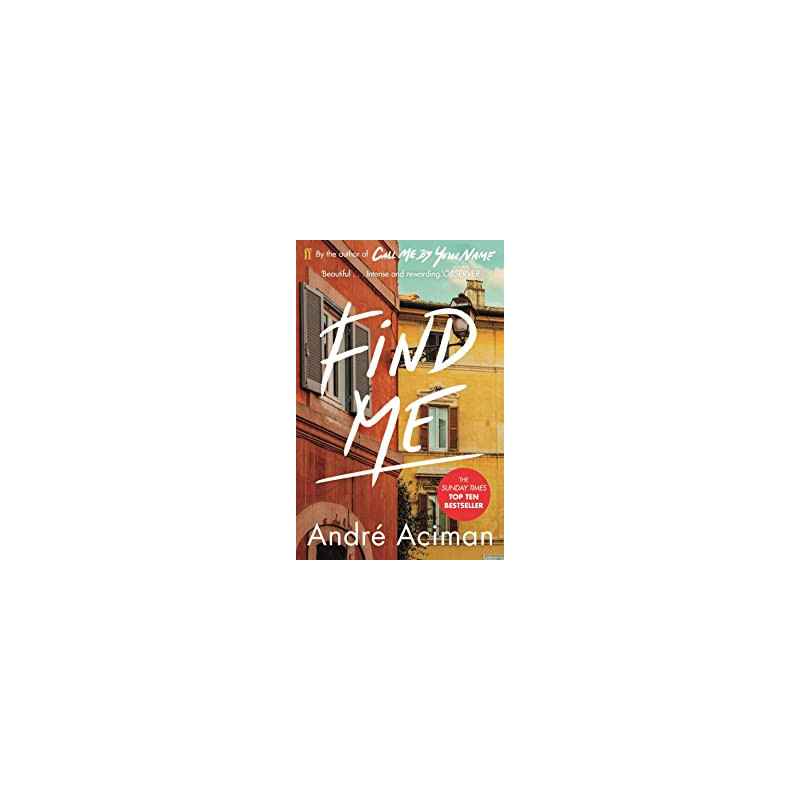

His keen sense of what’s lost or missing, even in a happy new relationship, allows Find Me to dodge, at least in part, the sentimental imperative that mars many sequels. “… thoughtful … Aciman, a famous Proustian, is clearly interested in the diffusive action of time and the heartaches of temps perdu.
_9.jpg)

What do you think, reader? Will you fall in love with Find Me?įor a moment she looked so totally forlorn that, while staring at my open book, I caught myself struggling to come up with something to say, if only to help defuse what had all the bearings of a gathering storm about to erupt in our little corner at the very end of the car. Today we’re looking at Charles Arrowsmith’s more positive review in The Washington Post, who warns warmly, “There are moments, particularly in the final chapter, that may have readers gazing tearfully into their fireplaces.” On the other hand, we’ve got The New Yorker‘s Katy Waldman, who says, “Never has a whirlwind romance felt so interminable.” Its prose runs purple, with baroque clichés about love, regret, and time’s passage failing to compensate for a dearth of revelation about any of these themes.” When a book is beautiful enough to stoke demands for more, it probably means the author should leave well enough alone.” Sam Huber in The Nation blatantly states, “The book is bad. The Guardian‘s John Boyne says, “While the elegance of his prose and the sophistication of his characters are to be admired, his creations rarely seem human, speaking in a pompous fashion.” In The Wall Street Journal, Emily Borrow writes, “Literary sequels are tricky. However, others expressed skepticism over the sequel.


 0 kommentar(er)
0 kommentar(er)
